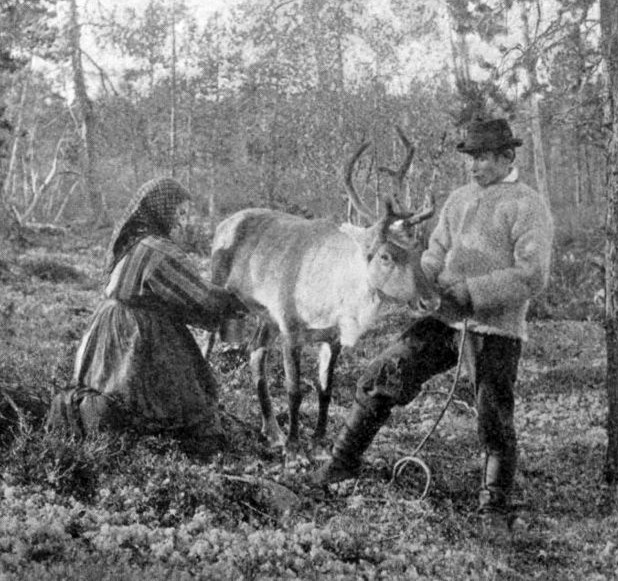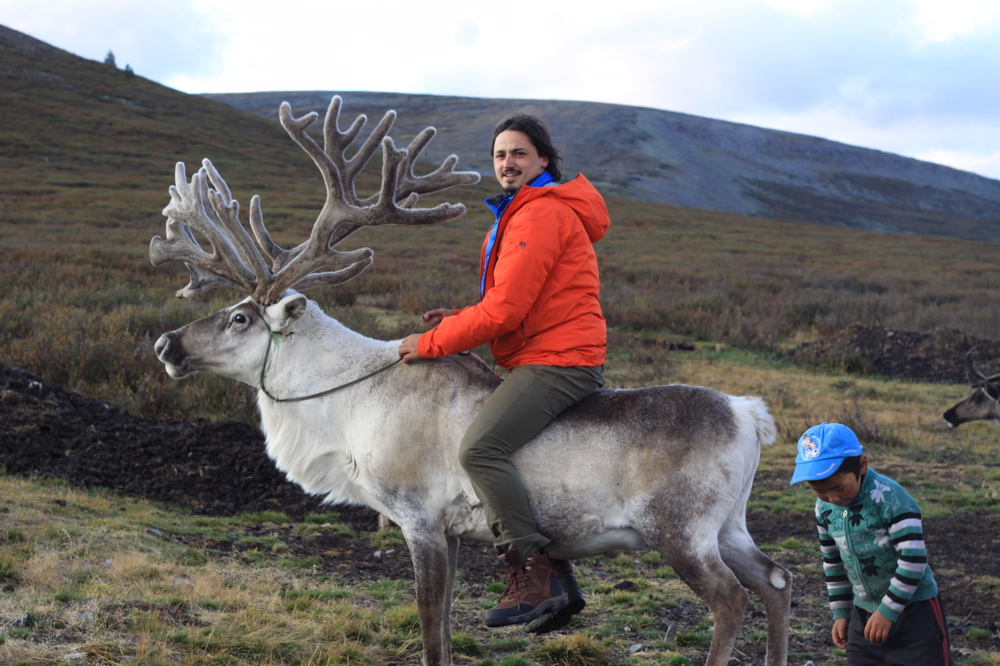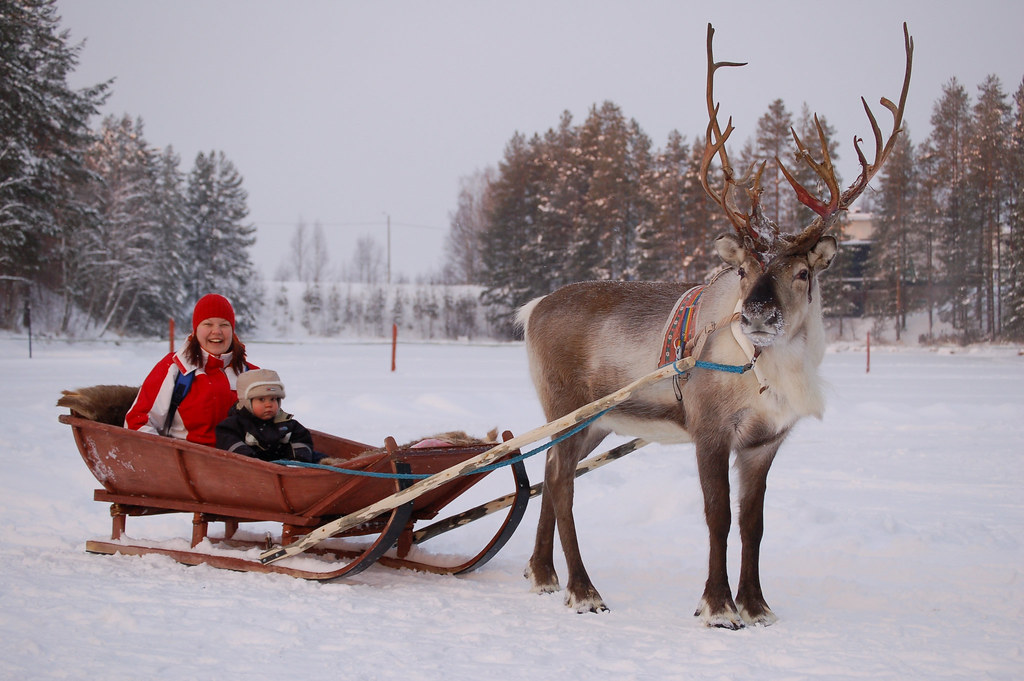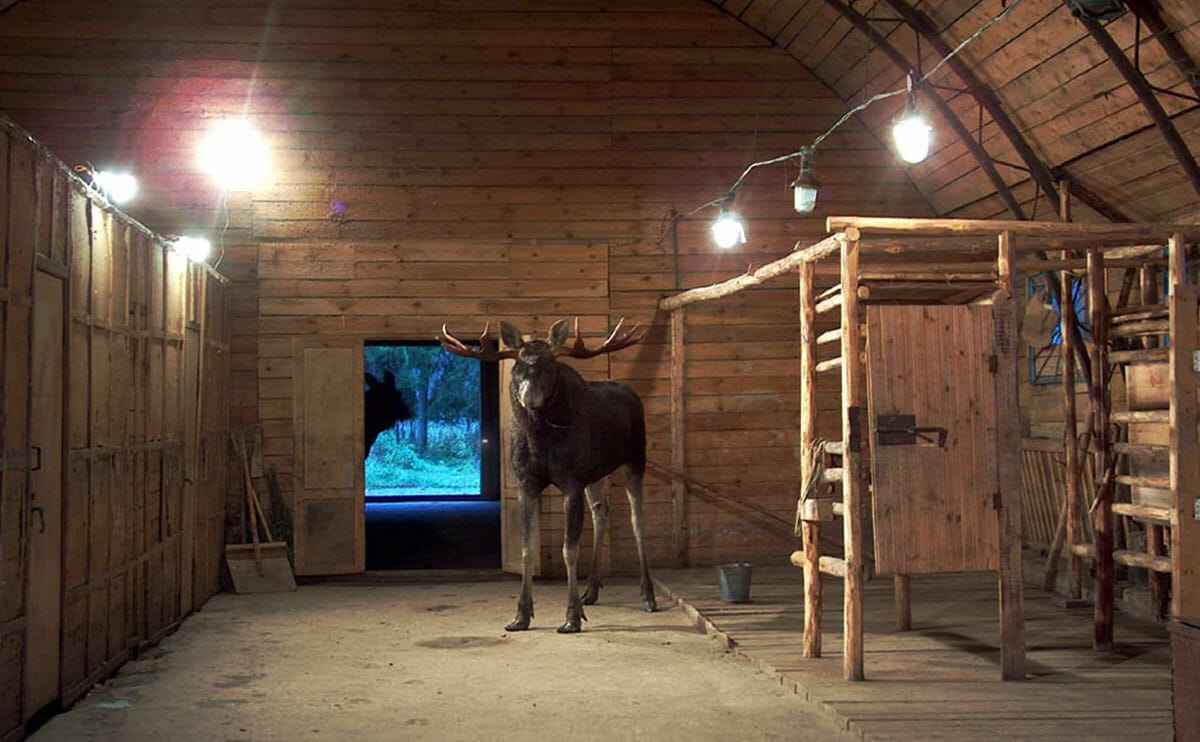Moose are solitary yes, but they're not anti social, as the Russian/Soviet Moose farms have demonstrated.They are solitary animals, except during mating season, when Bulls will fight each other and get a Harem of Cows together.
The USSR tried Moose Domestication in the '30s. It could be done, but keeping them in pens did not work well as more dispersed ranching
Pens are completely irrelevant. Penning animals is not what led to domestication originally, and there's a very large body of literature to support that. Most domestic animals (and herbivores in particular) were domesticated through the prey pathway, which is fundamentally a prey management pathway. Its modified hunting behavior through and through, you kill off the population selectively (which often means aggressive males), which creates a selection pressure for docility. Herd management is barely changed from hunting strategies, and it only takes looking at herding dogs to see that. Dogs use exactly the same techniques in herding as wolves do for hunting, but the difference of course is that humans are directing the first in order to keep the herd together and safe from actual predators. You want to talk skittishness though? Take a look at the guanaco or vicuna. They're frankly more skittish than deer, but you know what? They're the wild ancestors of llamas and alpacas, which are anything but that. Animal behavior changes through domestication, that's well known. If you need more examples, feel free to look at the aurochs to cattle, wild to domestic yak, or the boar to pig.And thats a huge problem as before a lot of modern technology you need to pen an animal inorder for domestication to work before modern times.
And thats the problem that every animal looked at for domestication has in this thread, all of them have one or more issues that keep them form being domesticated before modern times. The requirements for domestication are so specific that its frankly crazy we had the bakers dozen in OTL, and non of thos live in North America. Deer are way to sitish and will brake there own nekes if put in a pin, mose will quite frankly murder anybody that trys to pin them and bears aren't werth it do to thermal dynamics even if they could be pined, which they can't.
The reality is animals aren't "undomesticable" due to some innate deterministic factor to them, domestication is a multifaceted event which requires certain societal prerequisites in place before it will happen. The prey pathway has only occurred in agricultural settings which prevent it in most of North America already. The directed pathway has always followed the prey pathway, so if you don't have existing prey-domesticates, you won't see directed events like what led to the horse, camel, or the solitary donkey (or Moose in this case).
What's frustrating is I've made more or less this exact same post before in other threads, but people keep parroting the same Diamondian crap without actually looking at the scientific literature themselves.
EDIT: I just wanted to add, part of why we know pens aren't a large part of the domestication process is by looking at the genetics of captive populations. We can see gene flow going both ways in the captive and wild populations, which also implies that there isn't some single magic gene that controls domesticability. If populations were as penned up as is being suggested you wouldn't see that, because that implies the wild and captive populations are reproductively isolated. What we see in the genetics is that wild and "captive" populations exchanged genes a great deal, which means animals were coming and going somewhat at their leisure, which in all reality looks a lot like the existing Russian moose farms that @marathag mentioned earlier.
Last edited:



